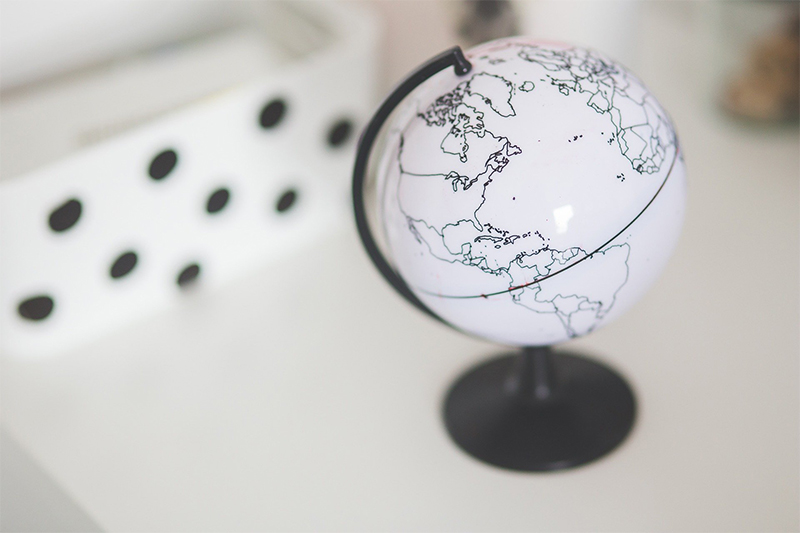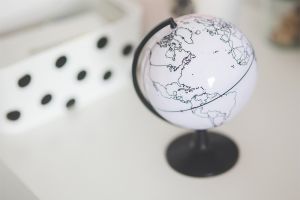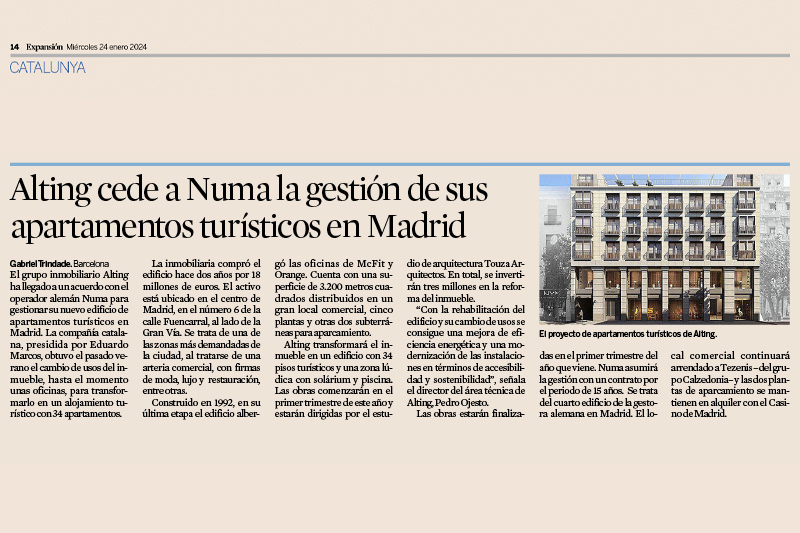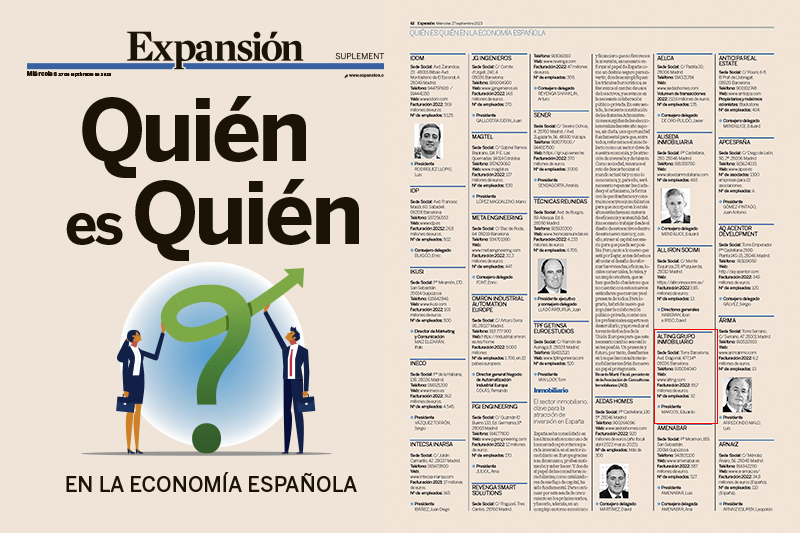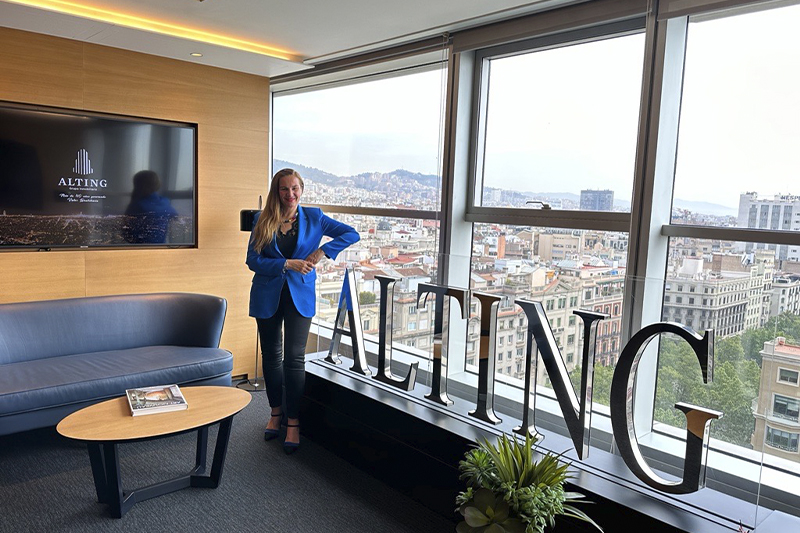Last Saturday, 14 March, the Spanish government decreed a state of alarm with the goal of stopping the spread of the pandemic caused by the coronavirus.
This is an extraordinary 15-day measure in which they asked families to shelter at home during this period. Schools, shops and companies were shuttered, and mobility was curtailed. Manufacturing was virtually paralyzed, and a series of extraordinary labor, social and consumer measures were put into place.
After the huge escalation in cases of COVID-19, Congress has approved the government’s request to extend the state of alarm for 15 more days, until 11 April.
We are faced with a situation like none other before it, a global health and social emergency with total propagation of 381,387 confirmed cases and 16,572 deaths.
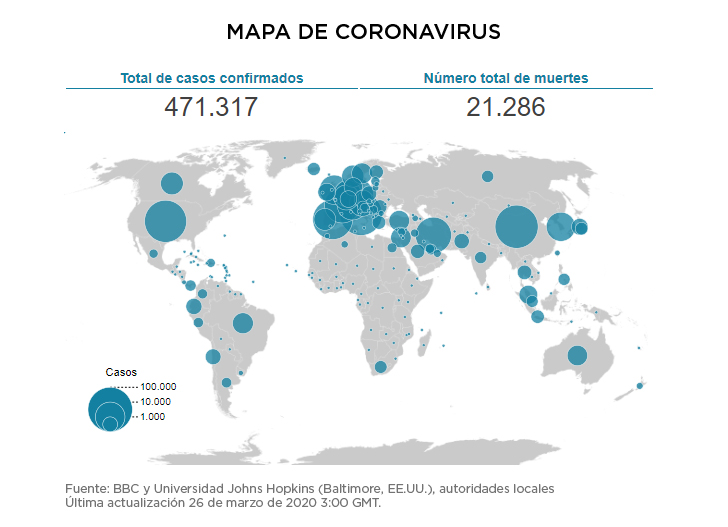
Times like these need pooled efforts, and the WHO asked the G20 leaders to work together with the goal of promoting the manufacturing of protective gear, avoiding bans on exports and guaranteeing equitable distribution.
THE ECONOMY AFTER COVID-19
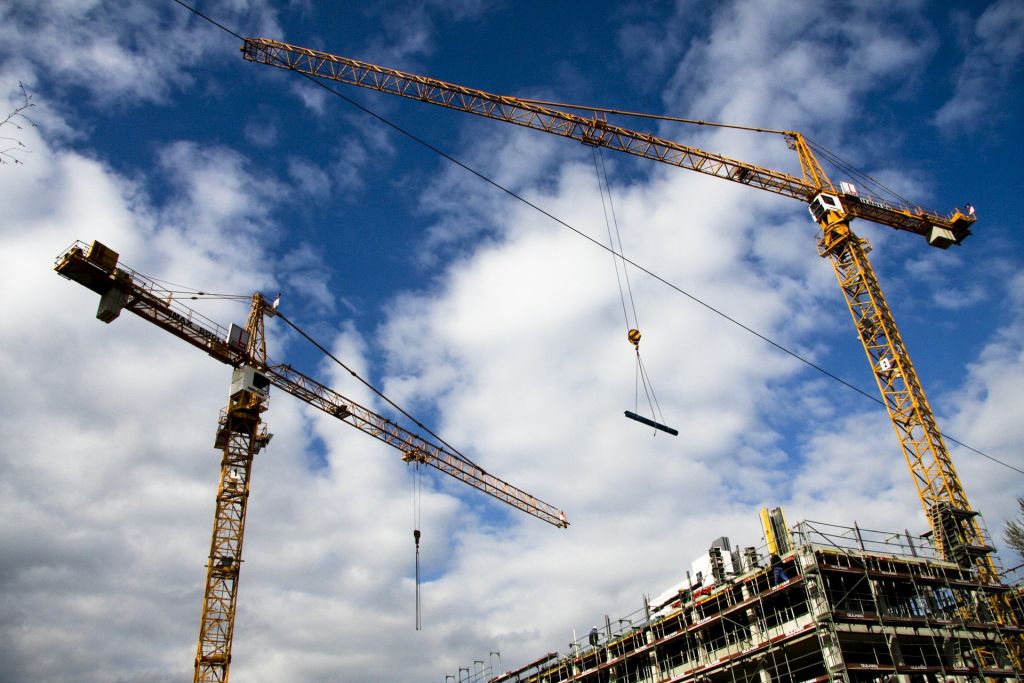
There is a host of different theories being bandied around the media and business forums on the future of the economy.
After its last meeting with the ministers of economy and central banks of the G20, the International Monetary Fund (IMF) predicted that the crisis triggered by the coronavirus will lead to another recession similar to the 2008 financial crisis. They state that “The economic impact is and will be severe, but the faster the virus stops, the quicker and stronger the recovery will be”.
However, experts and economists find differences between this crisis and previous ones. They believe that this will be a shorter, swifter crisis in which the financial system will play a crucial role: instead of being the “problem” it will be one of the main actors involved in fixing the economic situation.
If we look at the experience of China, where the epidemic started and the healthcare crisis now seems to be abating, we may be facing 2 months of an exceptional situation.
At the lecture held on 19 March, IESE Business School professor Albert Fernández stated that the situation we are experiencing resembles a tsunami, which causes a great deal of damage in a relatively short period of time. But if the short-term decisions are wise, the recovery can be much quicker and more overwhelming.
Likewise, Europe is already preparing a massive injection of money to alleviate the financial crisis. The European Central Bank (ECB) has announced a plan to buy 750 billion euros worth of public and private assets to keep the virus from fragmenting the eurozone. With this exceptional measure, governments are thus assured financing for their important economic stimulus and containment plans.
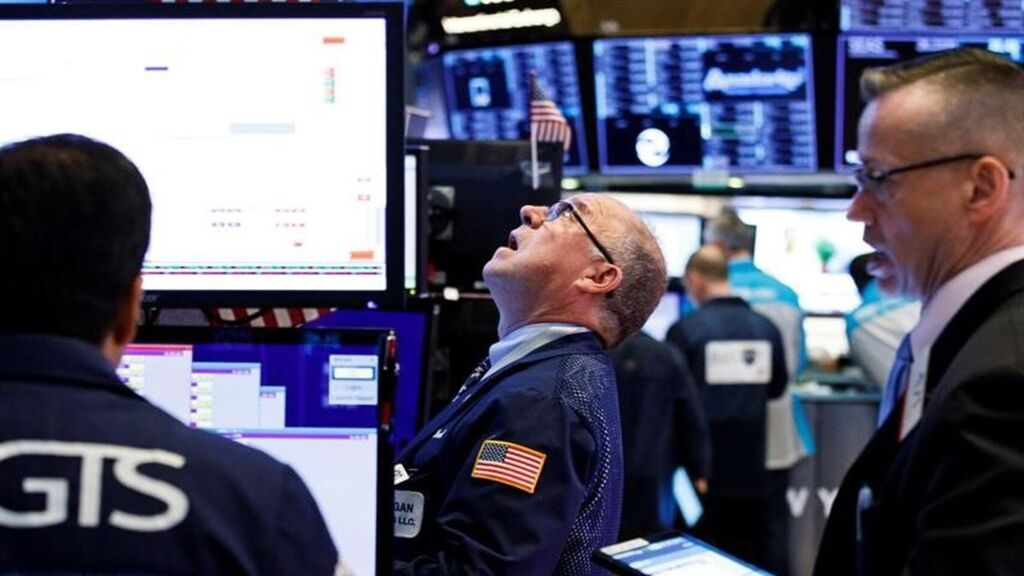
All sectors will be affected to a greater or lesser degree. The real estate sector, which was already showing a 2.6% drop in business between January 2020 and 2019, will be particularly hard hit by the shelter-in-place orders. Some experts predict a difficult 2020 for the sector, although it should rally again in 2021.
If we take China as a precedent, home sales dropped more than 90% during the shelter-in-place in January and February. And the Chinese Mercantile Bank says that land sales are more than 25% under average levels. Right now, since the shelter-in-place orders have been lifted, the market is beginning to show signs of recovery after the activity stoppage.
Finally, another crucial factor right now is how the crisis evolves in the USA and Europe, as well as the measures taken in these countries and how long this exceptional situation will last.
TIMES TO STOP AND REFLECT
Companies, just like families, are faced with an extremely complicated situation. Some are able to continue operating, with their teams working remotely from home, but many others have had to totally halt their production.
Some sectors will recover more quickly than others, but this crisis has to be seen from the vantage point of opportunity. It may be the right time to take decisions, review company strategy, reconsider processes and adapt the company’s value proposition.
Without a doubt, we are currently facing an exceptional situation and should play our best role for society by adopting the quickest and most effective measures with the goal of flattening the infection curve.

